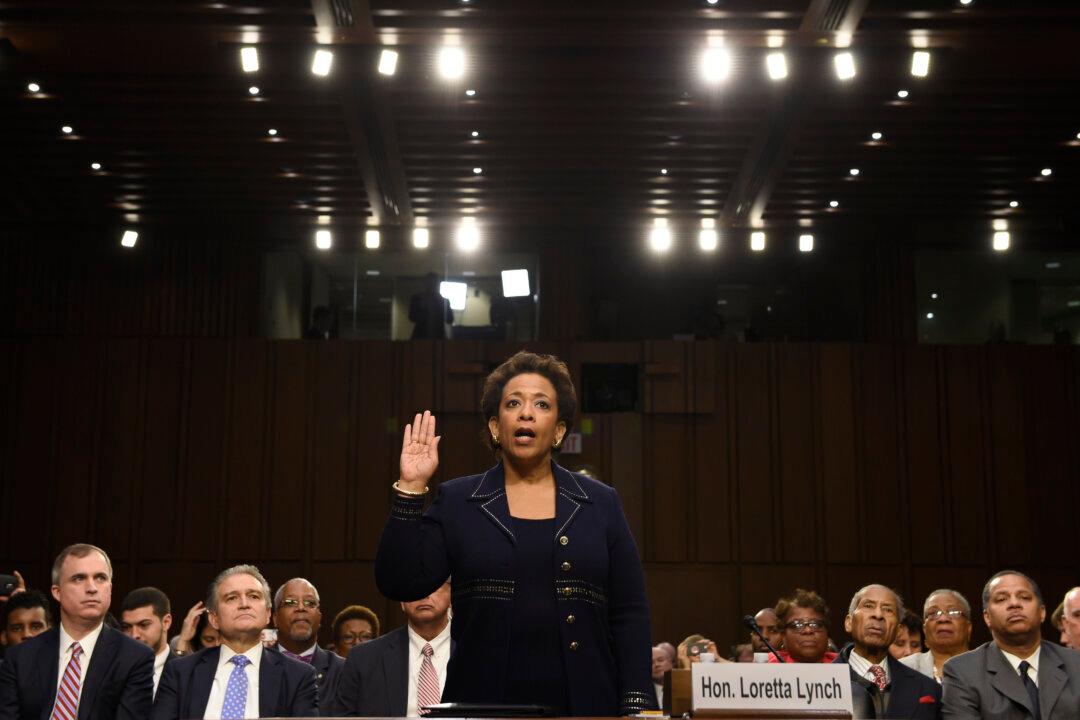At the U.S. Senate confirmation hearing for Loretta Lynch, President Barack Obama’s nominee for the next attorney general, Republican members of the Judiciary Committee took turns Wednesday grilling Lynch about her stance on Obama’s immigration policies.
But Democrats accused their colleagues across the aisle of playing political games at a hearing meant to evaluate Lynch’s qualifications.
Immigration
Asked by Sen. Chuck Grassley (R-Iowa) whether she thought President Obama had the power to grant temporary relief from deportation for roughly five million immigrants staying in the country illegally, Lynch replied that she had no reason to “doubt the reasonableness” of the Justice Department’s legal opinions. The Justice Department’s Office of Legal Counsel reviews the legality of presidential actions, and approved Obama’s immigration executive action that was announced in November.
The president’s immigrant relief programs give the Department of Homeland Security discretion to prioritize deporting immigrants who have committed serious crimes, while deferring deportation for law-abiding immigrants who meet the programs’ other qualifications. The programs will also provide immigrants with work permits.





